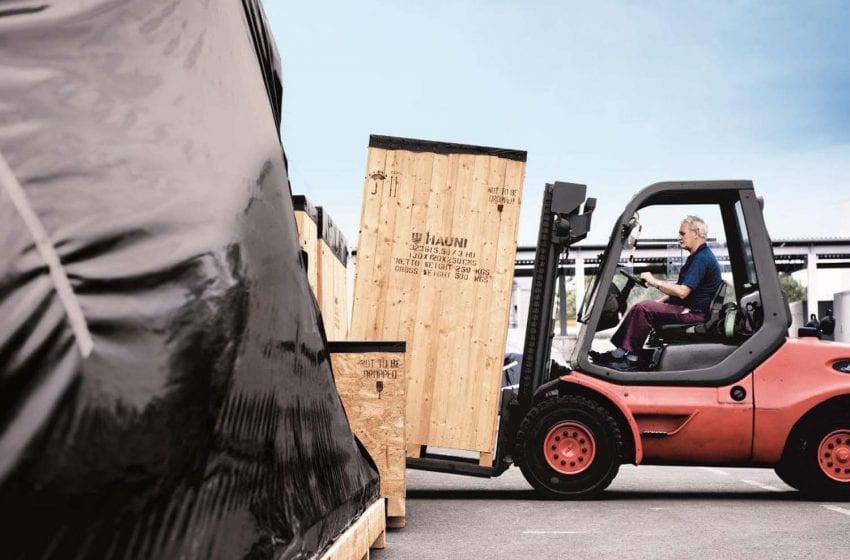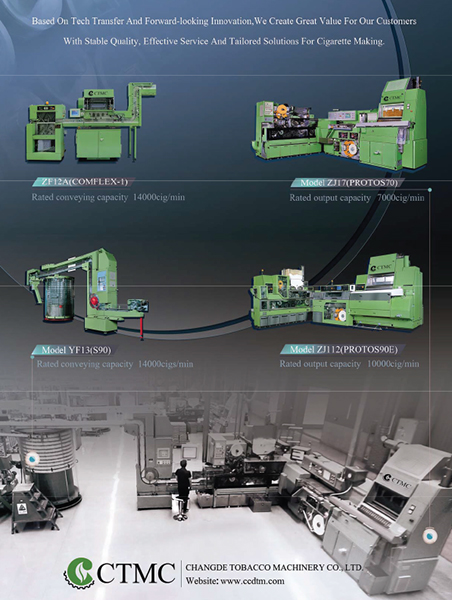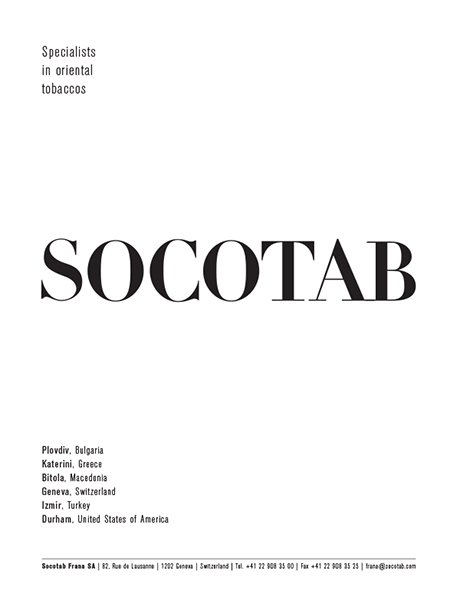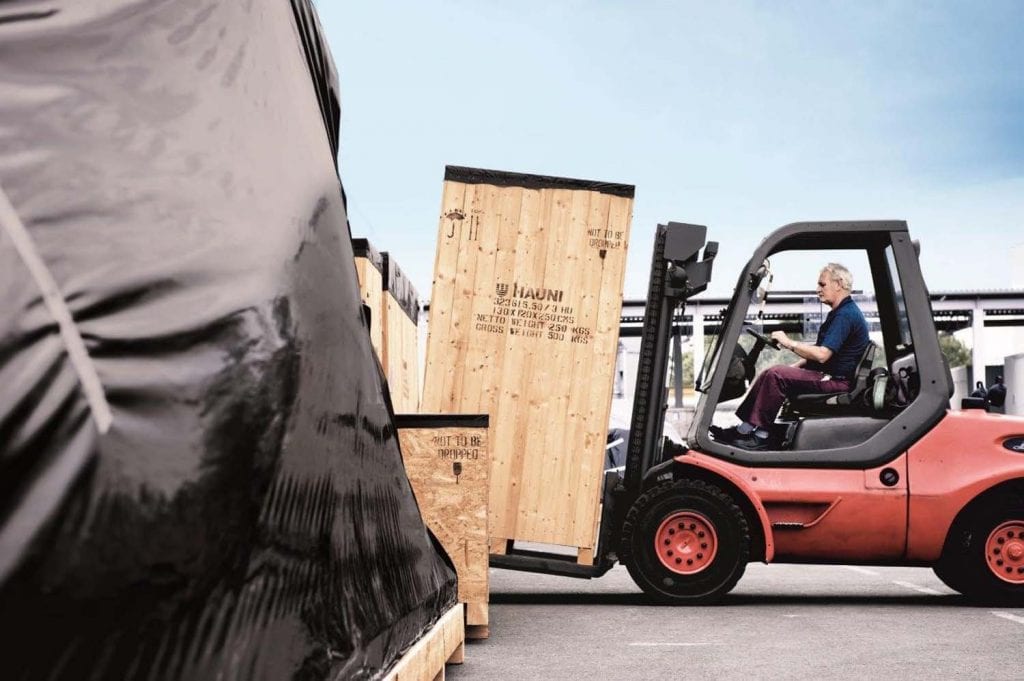
Hauni, ITM and Focke join forces to offer a new equipment relocation service.
By Stefanie Rossel
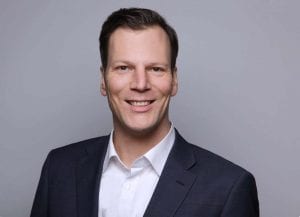
Moving to a new house can be an exhausting experience, but what if you must migrate a tobacco processing line in a factory or even an entire production area?
With LinkUp Relocation, German original equipment manufacturer (OEM) Hauni, together with its business partners Focke & Co. and International Tobacco Machinery (ITM, which is part of Tembo Group), has introduced a comprehensive service program that takes care of all technical and logistic tasks during the relocation process.
Customers can choose between several relocation packages ranging from a module that offers inspection of the production floors of the donating and the receiving factories, through dismantling, packaging and installation, to an all-inclusive solution that also includes a complete condition check of the equipment, transport to the new location and an inspection-based maintenance package inclusive of service. All modules can be booked for a single machine as well as for entire production lines.
While relocation services have long been part of Hauni’s portfolio, the LinkUp program provides a new element: Relocation services now also cover machinery from ITM and Focke. Working with only one relocation partner, customers are hence spared complex procedures with multiple OEMs while the full service is carried out by all three OEMs, reducing project management costs and ensuring productivity at the target site, Hauni says.
“As the tobacco industry has been experiencing a profound change recently and an increasing number of nicotine products with reduced health risk [have] entered the market, production requirements of our customers have changed accordingly,” explains Claus Peters, group manager of key accounts at Hauni. “A large part of the next-generation products (NGPs) are being manufactured on new, dedicated machinery. In order to make room for sufficient production area in a plant, large-scale equipment relocations are required. Usually, this does not mean single machines but complete production lines, which are called ‘link-ups’ or ‘complexes.’”

Complementary expertise
Typically, a link-up is a production unit consisting of several machine brands, which means that in case of a relocation, coordination efforts increase in proportion to the number of OEMs involved. To facilitate matters for customers and offer them an end-to-end solution, Hauni, Focke and ITM therefore teamed up. In this cooperation, Hauni has taken on the role of general contractor, according to Peters.
The collaboration of competitors in certain fields of expertise is well known from other sectors, such as the aviation industry, for instance. Lufthansa and Air France, for example, are tough competitors in their core business of flying passengers, but that doesn’t prevent them from cooperating in technical areas.
Peters calls ITM a “market companion” but admits that there are technology overlaps between the companies in the machinery sector. “However, we jointly wanted to offer our customers added service value along the lines of ‘complementing competences.’”
As all three manufacturers continue to offer their own relocation services, the added value for customers lies in the area of link-up relocations, according to Peters. “Here, the respective OEMs can advise with their expertise regarding the condition of the equipment to be migrated. During disassembly of the machines, they can make recommendations to increase efficiency or tackle maintenance backlogs, which is essential in order to achieve the scheduled production volume to cater to market needs at the machine’s new location.”
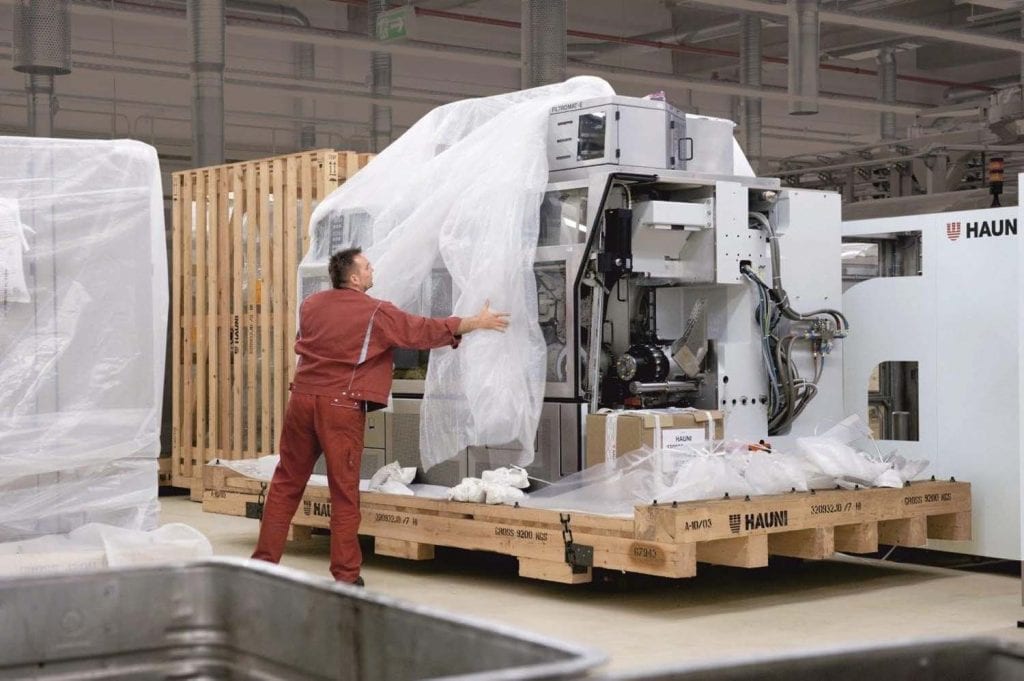
Preserving value
Some years ago, many leading tobacco manufacturers shifted production from declining cigarette markets to more promising locations, thereby requiring increased relocation services. While these moves have long been completed, Peters says that relocations as such remain a viable business.
“We’re talking about extremely valuable production lines, many of which provide the backbone of production over several decades,” he says. “If the present trend is to focus on NGPs and to invest there, our joint service may help to increase the efficiency of existing machines at their new destination, thus leaving our customers more time to concentrate on new installations. Because of the dismantling, a machinery move is the perfect time for maintenance, obsolescence or technology upgrades.”
The new program has been live since the beginning of 2019 and received unanimously positive feedback from customers, according to Peters. “The complete project management, starting from the procurement of adequate tools and mounting material to transport coordination and monitoring to setup and commissioning from a single source, has been perceived as very comfortable.”
To describe the advantages, Peters makes an analogy with the construction of a house. “You can do everything yourself and coordinate all subsections inclusive of material delivery and rescheduling under adverse weather conditions. Or you buy a house turnkey, ready from a recognized provider at an agreed and guaranteed move-in date,” he says.
“Of course, the area of equipment relocation is highly competitive with other service providers who have no OEM background and have built their expertise on trial and error. These suppliers appear to be very cheap at first glance, but you better add something for the risk they/you take. And if you do that and calculate this honestly, your better choice will be the turnkey OEM solutions.”

